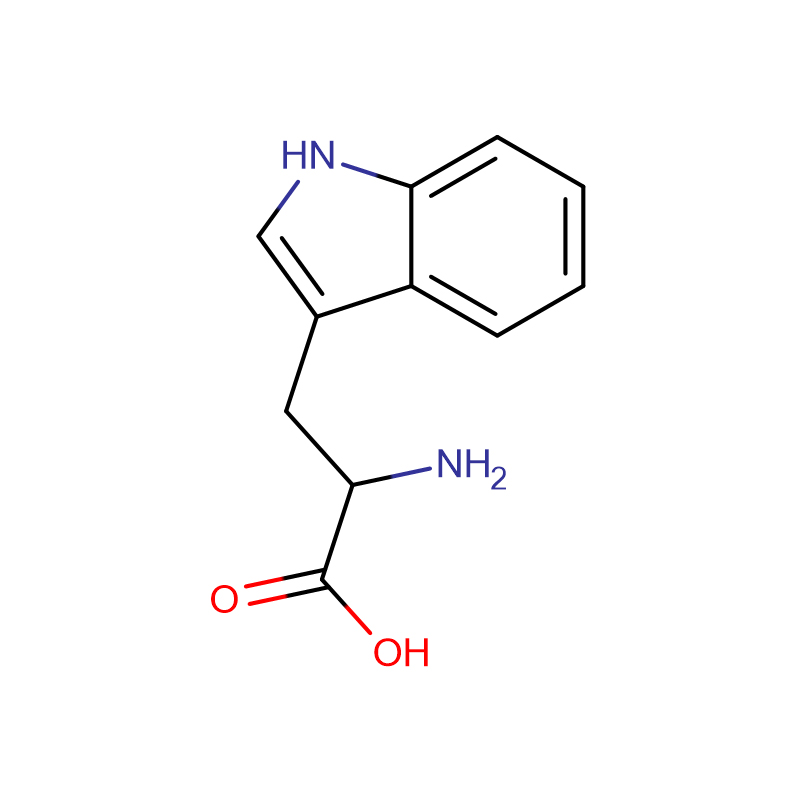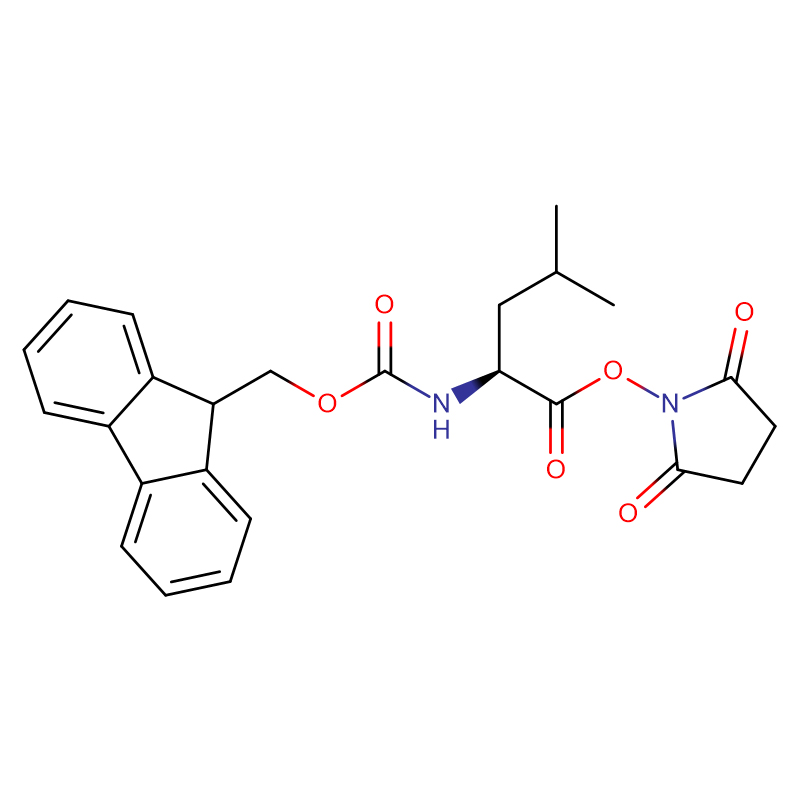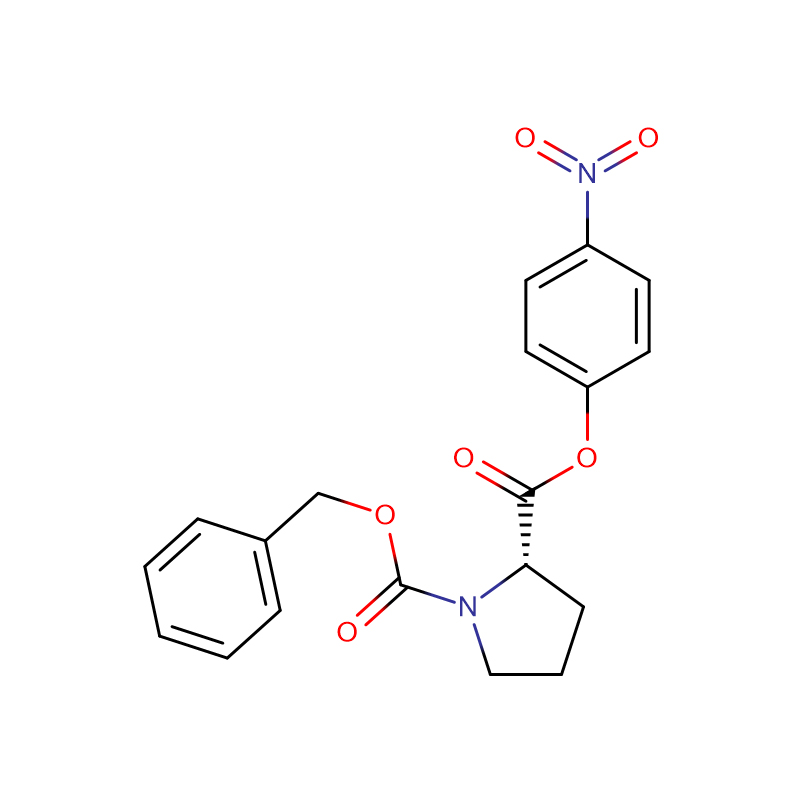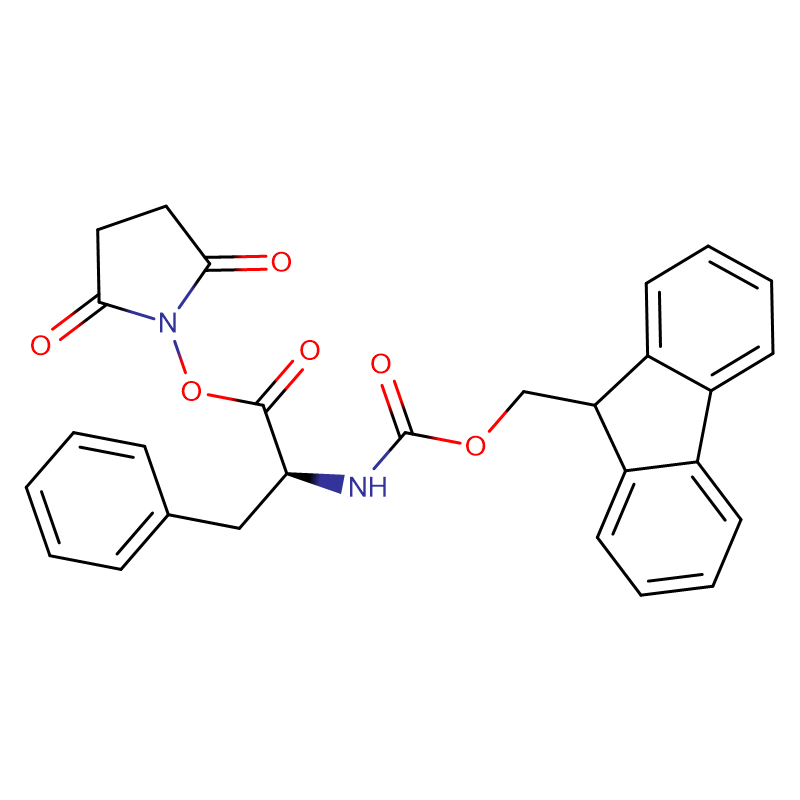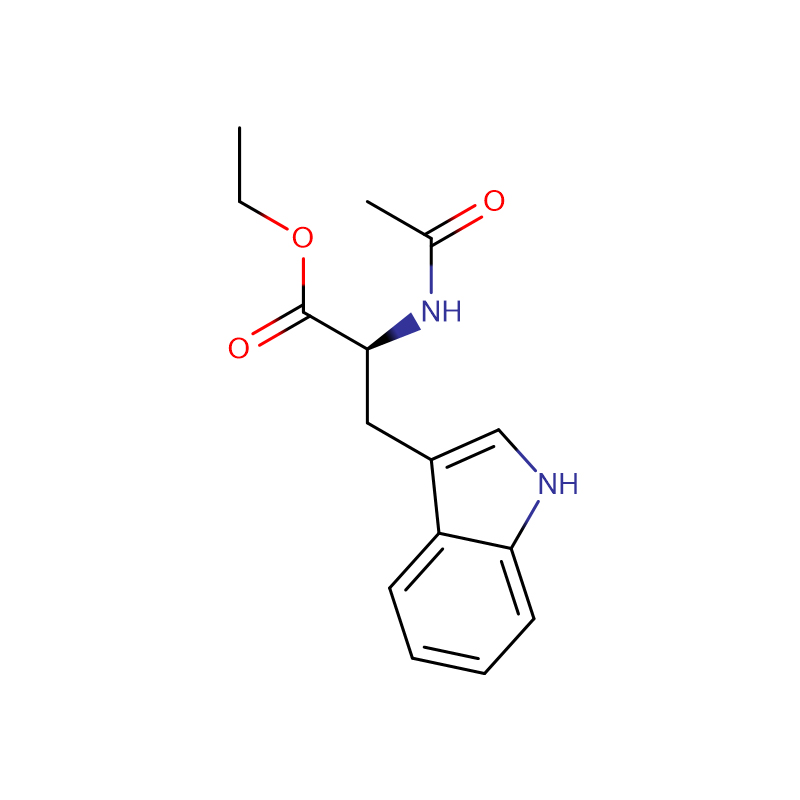DL-Tryptophan Cas:54-12-6
| Catalog Number | XD91270 |
| Product Name | DL-Tryptophan |
|
CAS |
54-12-6 |
|
Molecular Formula |
C11H12N2O2 |
|
Molecular Weight |
204.23 |
| Storage Details | Ambient |
| Harmonized Tariff Code | 29339980 |
Product Specification
| Appearance | White to off-white crystalline powder |
| Assay | 99% min |
| Heavy metals | <10ppm |
| AS | <1ppm |
| pH | 5.5 - 7 |
| SO4 | <0.030% |
| Fe | <30ppm |
| Loss on Drying | <0.5% |
| Residue on Ignition | <0.2% |
| NH4 | <0.02% |
| Cl | <0.10% |
DL-tryptophan is a feed nutritional fortifier, which can significantly increase the intracellular antibody of animal fetuses and promote the milk production of lactating dairy cows and sows. When animals lack tryptophan, growth arrest, weight loss, and fat accumulation decrease. It is mainly used in artificial milk for piglets, and a small amount is used in sows and laying hens. The general dosage is 0.02%-0.05%.
This product is used in biochemical research. nutritional supplements. Antioxidant, can be added to foods with low tryptophan content such as gelatin and corn. Requirement (Japan): 30mg/kg?d for children, 160mg/d or less than 320mg/d for adults. Combined with lysine, methionine, and threonine for beef, rice, corn, etc., the best effect can be obtained. Adding 0.05% to 0.5% to salt and spice for salted fish can reduce the acid value of barbiturates and prevent the deterioration of flavor.
This product is used in nutritional supplements, antioxidants, and can be added to foods with low tryptophan content such as gelatin and corn. Combined with lysine, methionine and threonine for beef, rice, corn, etc., the best effect can be obtained. DL-tryptophan is obtained by optical refraction to obtain L-tryptophan. It is an amino acid infusion and a comprehensive amino acid preparation and an important ingredient, which can treat niacin deficiency. As a feed additive, it participates in the renewal of plasma proteins in animals, promotes the role of riboflavin, contributes to the synthesis of niacin and heme, can significantly increase the antibodies in the fetuses of pregnant animals, and has a positive effect on lactating cows and sows. The role of milk. When livestock and poultry lack tryptophan, growth is stagnant, body weight is reduced, fat accumulation is reduced, and the testicles of breeding sires atrophy.


